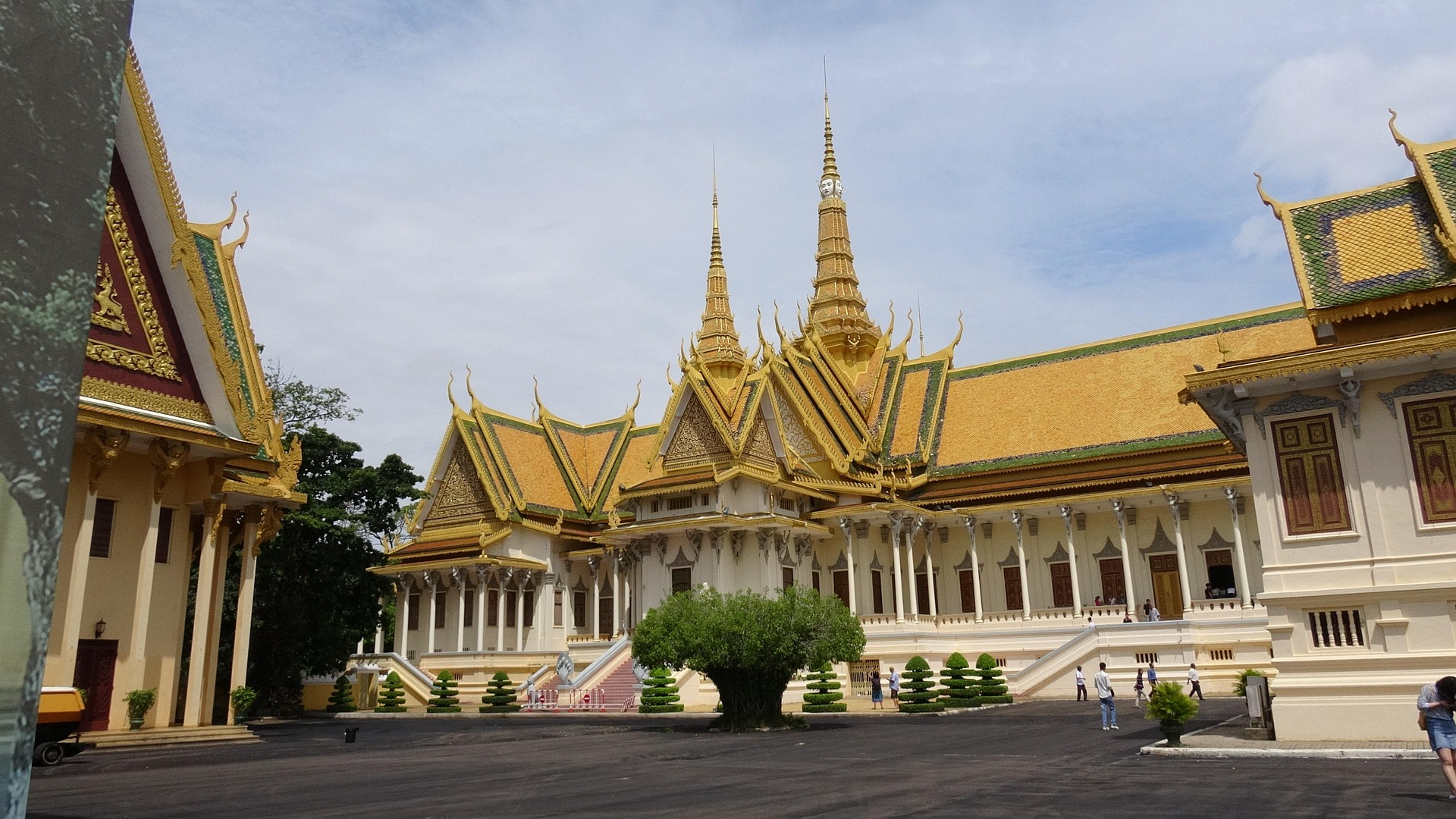Cambodia is a land fill with ancient temples and warm hospitality As you embark on your journey to this captivating Southeast Asian nation especially Cambodia, it’s essential to be prepared and informed of culture and some expectations. Whether you’re a seasoned traveler or visiting Cambodia for the first time, these tips will ensure that your trip is both enjoyable and rewarding.
Before the Tip
Visa Requirements
Ensure you have the necessary visa for your stay in Cambodia. Most nationalities can obtain a visa on arrival or apply for an e-visa in advance.
Currency
The official currency of Cambodia is the Cambodian riel (KHR), but US dollars are widely accepted. It’s advisable to carry small denominations of both currencies for convenience.
Transportation
Tuk-tuks, taxis, and motorbike taxis are popular modes of transportation in Cambodia. Negotiate fares in advance, especially for tuk-tuks and taxis. Alternatively, consider renting a bicycle to explore smaller towns and rural areas.
Cultural Sensitivity
Cambodia is a conservative country, especially in rural areas and religious sites. When visiting religious sites such as temples, it’s important to dress modestly and respectfully. This typically means wearing clothing that covers your shoulders and knees. Avoid wearing tank tops, shorts, or revealing clothing out of respect for the sacredness of the site and local customs. Remove your shoes before entering indoor religious sites. By adhering to these dress codes, you show reverence for the cultural and religious practices of Cambodia.
Respect local customs and traditions, and ask for permission before taking certain photographs, especially of people.
Temple Etiquette
When visiting temples, dress modestly and respectfully, covering your shoulders and knees. Remove your shoes before entering temple buildings and be mindful of your actions to show respect for the sacred sites.
Buddhist Culture
In Buddhist culture, it is not permitted for women to touch Buddhist monks. If you’re female and wish to take a photo with a monk, please refrain from physical contact. I’ve witnessed firsthand a female tourist attempting to approach a monk for a photo, only to be politely declined. It’s important to understand that this isn’t personal; it’s simply a religious guideline that monks adhere to.
Bargaining
Bargaining is common in Cambodia, especially at markets and with street vendors. Be polite but firm when negotiating prices, and remember that a smile can go a long way.
Tipping
Tipping is not mandatory in Cambodia, but it’s appreciated for good service.
People
People are generally polite and friendly. Most of the time, they are called Caucasians “Pa Rang”, meaning French (people). The term “French” being used to refer to Caucasians in Cambodia is a result of historical and cultural differences. Cambodia used to be under French colonial rule for many years. As a result, many Cambodians, especially from the countryside, came to associate Caucasians with the French colonial presence. Even after Cambodia gained independence from France in 1953, the legacy of French influence remained, and the term “French” continued to be used regardless of their actual nationality. It’s worth noting that this usage is not universal among all Cambodians, and younger generations may use different terms or may be more aware of the diversity among Caucasians.
Car Honking
In Cambodia, car honking is a common practice, unlike in Western cultures where it may be considered offensive. Honking is typically used as a warning signal rather than an expression of frustration or anger. If you hear a car or motorcycle honking, it’s usually to alert others for safety reasons
Language
Khmer is the official language of Cambodia, but English is widely spoken in tourist areas. Learning a few basic Khmer phrases, such as “hello” (Sua s’deii) and “thank you” (aww-kun), can enhance your travel experience and show respect to locals.
Precautions
Health Precaution
It’s advisable to check with your doctor regarding vaccinations and health precautions before traveling to Cambodia. Stay hydrated and protect yourself from mosquito bites by using insect repellent and wearing long sleeves and pants, especially in rural areas. It’s also recommended to drink bottled or boiled water and be cautious with street food to avoid foodborne illnesses.
Street Food
Cambodian street food is delicious, affordable, and have a variety. Be cautious about where you eat to avoid foodborne illnesses. Opt for busy stalls with high turnover to ensure freshness.
Safety
Cambodia is generally safe for travlers, but exercise caution, especially in crowded areas and tourist spot where pickpocketing can happen. Keep your belongings secure and be aware of your surrounding. Thought carry purse is not recommended to carry around, secure your bag when walking and crossing the street.
Crossing The Street
In Cambodia, car honking is a common practice, unlike in Western cultures where it may be considered offensive. Honking is typically used as a warning signal rather than an expression of frustration or anger. If you hear a car or motorcycle honking, it’s usually to alert others for safety reasons.
Responsible Tourism
Respect the environment and local communities by disposing of waste properly, supporting local businesses, and engaging in ethical wildlife experiences. Avoid participating in activities that exploit animals or contribute to environmental degradation.
Emergency Contacts
Keep a list of emergency contacts, including your country’s embassy or consulate, local police, and medical facilities. Save important phone numbers in your phone and carry a copy of your passport and travel insurance information.
By following these travel tips, you can have a safe, enjoyable, and culturally enriching experience in Cambodia.

.png)





